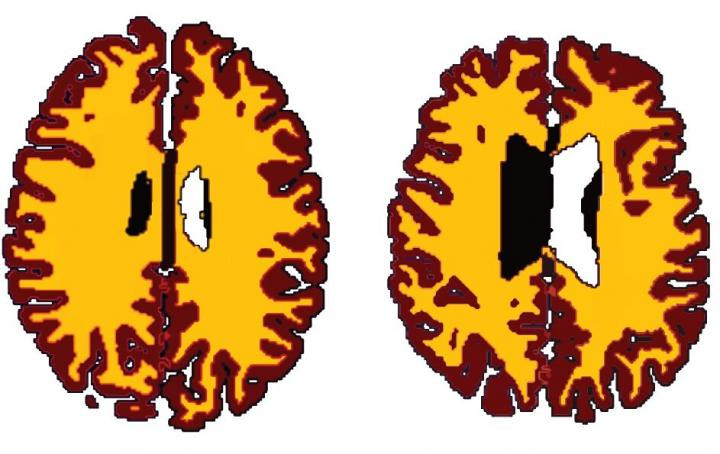Being overweight makes your brain 10 years older than it should be
Scientists agree that obesity can hasten the onset and progression of brain ageing.

After the onset of middle-age, the brains of obese individuals appear to age faster than those of a healthy weight. Overweight people display similar volumes of white matter to lean individuals who are ten years older, according to new research led by the University of Cambridge. White matter is brain tissue composed of myelin and nerve fibres that connects different regions of the brain and also affects the mechanisms by which it learns.
As we get older our brains naturally shrink but there is now an increasing awareness among scientists that obesity can hasten the onset and progression of brain ageing, an idea that the new study supports. However, there is a lack of direct research to support this.
Similarly, the Cambridge research is a cross-sectional study in which researchers analyse data collected from individuals at one specific point in time. In this case, the focus was on how obesity affected brain structure over the adult lifespan to ascertain whether it could be associated with brain changes that are distinctive traits of ageing.
The study, published in the journal Neurobiology of Aging, looked at data from 473 people between the ages of 20 and 87, who were divided into two categories based on whether they were lean or overweight. Researchers found that the brains of overweight individuals showed a significant reduction in white matter when compared to people in the lean category.
Furthermore, they calculated that the overweight individuals had similar volumes of white matter to lean individuals who were 10 years their senior, although these differences were only observable from middle-age onwards.

"As our brains age, they naturally shrink in size, but it isn't clear why people who are overweight have a greater reduction in the amount of white matter," says one of the lead authors of the study Dr Lisa Ronan from the Department of Psychiatry at the University of Cambridge, "We can only speculate on whether obesity might in some way cause these changes or whether obesity is a consequence of brain changes."
Professor Paul Fletcher, another of the researchers, adds: "We're living in an ageing population, with increasing levels of obesity, so it's essential that we establish how these two factors might interact, since the consequences for health are potentially serious.
"The fact that we only saw these differences from middle-age onwards raises the possibility that we may be particularly vulnerable at this age. It will also be important to find out whether these changes could be reversible with weight loss, which may well be the case."
Although the differences between lean and overweight people after middle-age were striking, the researchers found no connection between being overweight or obese and an individual's cognitive abilities as evidenced by the results of a standard intelligence test, similar to an IQ exam.
© Copyright IBTimes 2025. All rights reserved.





















